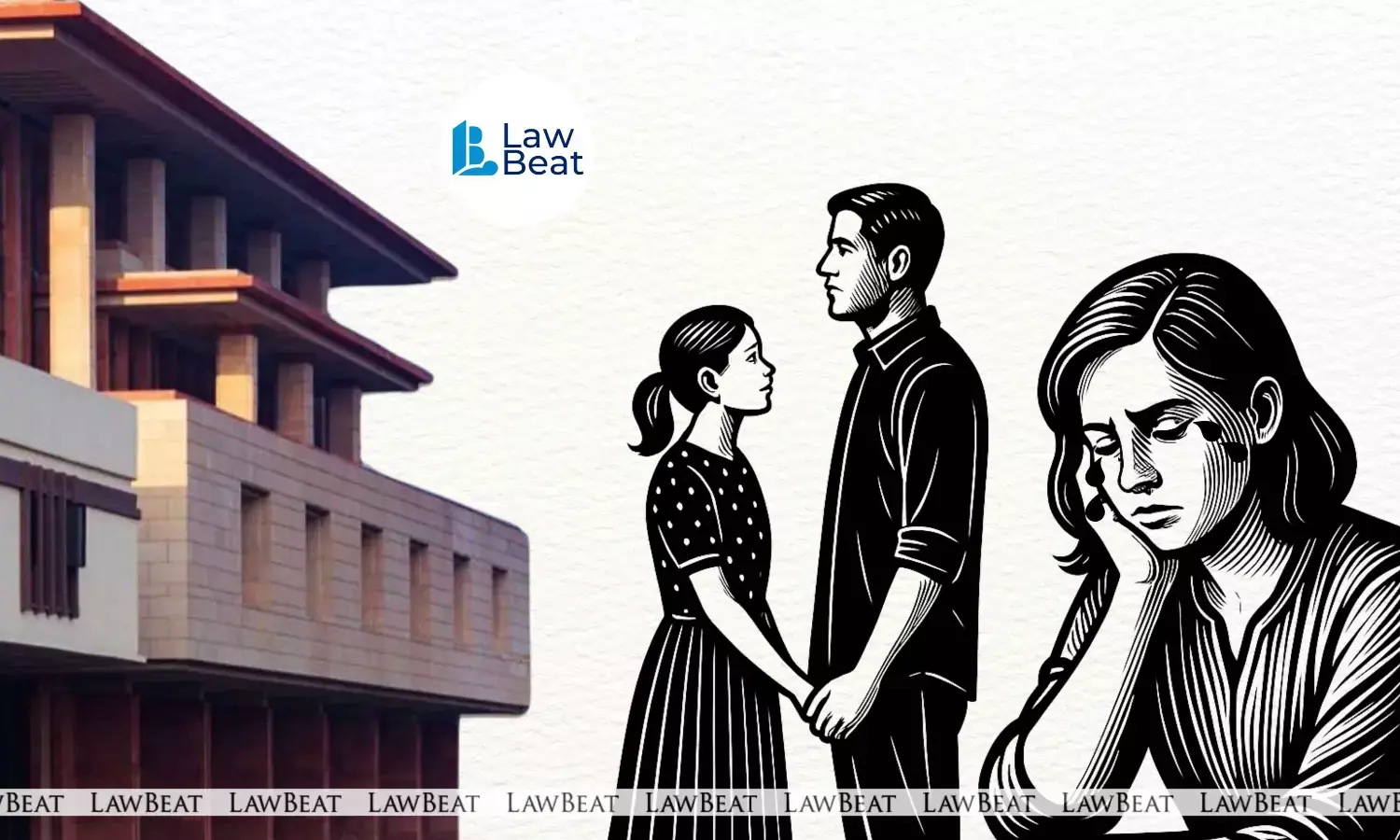Husband’s Extra-Marital Affair Per Se Is Not Cruelty Under IPC: Delhi HC Grants Bail To Accused Husband

The Delhi High Court recently granted regular bail to a man facing charges of cruelty and dowry death in connection with the death of his wife, Shivani Singh, who passed away within five years of their marriage. The court observed that an alleged extramarital relationship, by itself, did not constitute cruelty within the meaning of Section 498A IPC. The bench emphasized that, in the absence of clear evidence of intent to harass or abet suicide, such allegations could not justify continued incarceration.
The bench of Justice Sanjeev Narula reiterated, “extra-marital relationship per se may not come within the ambit of Section 498-A IPC. In order to determine as to whether such a relationship amounts to cruelty to attract the offence under Section 306 IPC, the other essential ingredients of the said offence will also need to be satisfied, which will depend upon the specific facts and circumstances of each individual case".
The case was filed on 19th March 2024, when a PCR call recorded a suspected suicide. Police reached Makkar Multi-Specialty Hospital, where Shivani Singh, aged 32, was declared brought dead. Initial inquiries revealed that the deceased died by hanging at her matrimonial home during the night of 18th March. A ligature and a vegetable-cutting knife were recovered from the scene.
Since her death occurred within seven years of marriage, the Sub-Divisional Magistrate was informed as per Section 174 of the CrPC. Statements of her father, mother, and sister were recorded, who alleged that the husband had an extramarital affair with a colleague named Sarita. Upon being confronted, the husband allegedly subjected the wife to physical abuse. It was further claimed that she was subjected to domestic violence and pressurised to obtain EMI payments from her family for a recently purchased car. The family also submitted chats, photographs, and videos allegedly showing abuse and the husband's relationship with Sarita.
In contrast, the husband produced two videos related to his father's retirement celebration. In one of them, the deceased acknowledged being treated well by her in-laws. Subsequently, a chargesheet was filed, and charges under Sections 498A and 304B, and alternatively under Section 306 IPC, were framed against the husband.
The husband, represented by Senior Advocate Ramesh Gupta, denied all allegations and asserted that he was falsely implicated. It was argued that the prosecution’s case relied solely on uncorroborated statements made after the incident. It was further contended that the marriage was a consensual love marriage with no demand for dowry.
Additional Public Prosecutor Hemant Mehla, for the State, opposed the bail application. It was contended that the case involved a serious allegation of dowry death under Section 304B IPC, attracting a presumption of culpability under Section 113B of the Indian Evidence Act. Statements of the deceased’s family, videos showing assault, and chat records pointed to persistent harassment and cruelty.
The court acknowledged that Shivani Singh had died under unnatural circumstances within five years of her marriage, thereby fulfilling the initial requirements of Section 304B IPC. However, the bench held that the prosecution’s claims were primarily based on post-incident statements, with no contemporaneous complaints filed during the deceased's lifetime.
The bench also observed that the abuse video was not proximate to the incident and not evidently linked to dowry demands. The alleged extramarital affair, even if assumed true, did not automatically constitute cruelty or abetment without further evidence. The court further noted that there was no affirmative act of provocation or instigation by the husband immediately before the deceased’s death.
Given these findings and the fact that the husband had been in custody since 20th March 2024, the court noted that the investigation was complete, the chargesheet had been filed, and the trial was yet to begin. There was no indication of flight risk or evidence tampering. Recognizing that the purpose of bail is not punitive, the bench granted regular bail to the husband on furnishing a personal bond of ₹50,000 with two sureties of like amount.
For Petitioner: Senior Advocate Ramesh Gupta with Advocates M. Begum, Shailendra Singh, Harsh Chaudhary, Ishaan Jain, Avneet Kaur, Sumit Singh and Surya Pratap
For Respondent: Additional Public Prosecutor Hemant Mehla with Advocates M.N. Jha, Sarvesh Kumar and Meenakshi
Case Title: Anshul v State (2025:DHC:3670)
